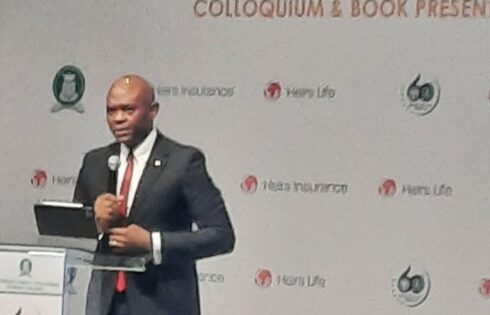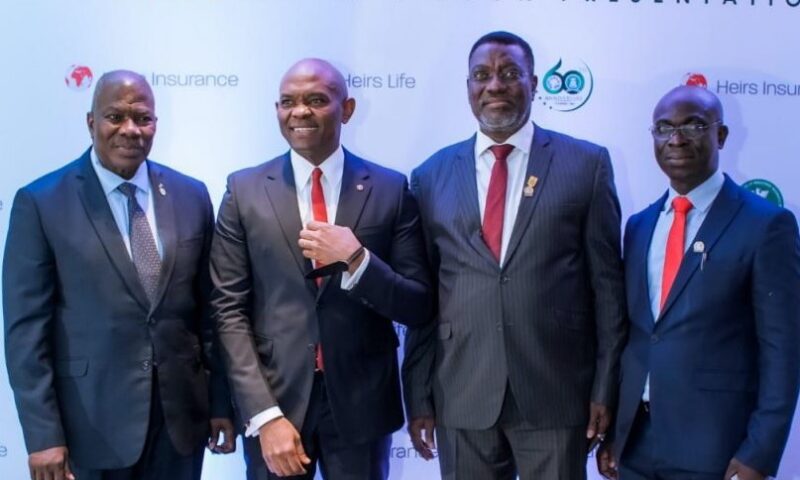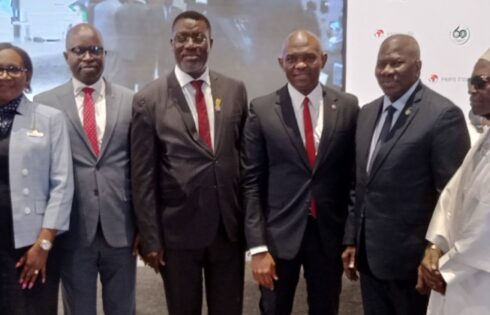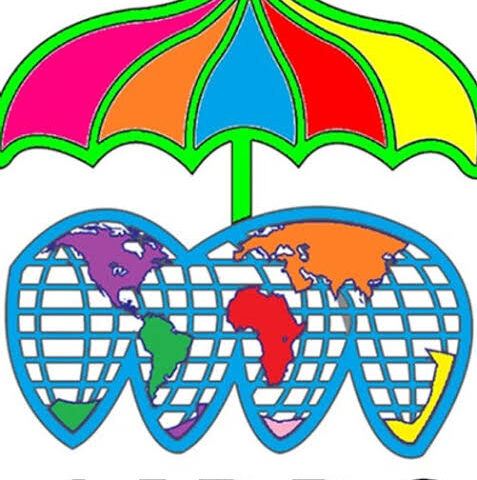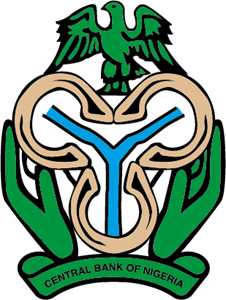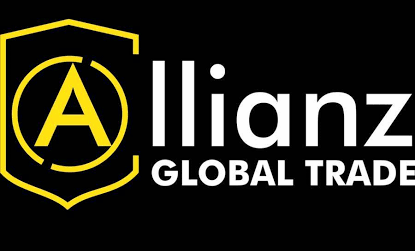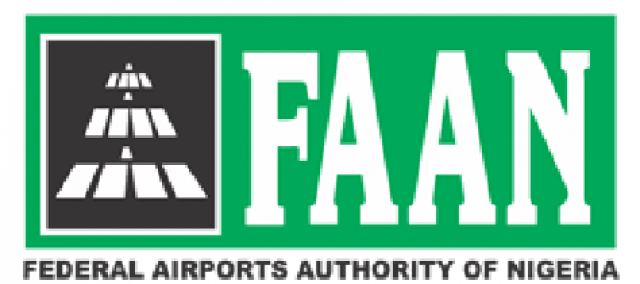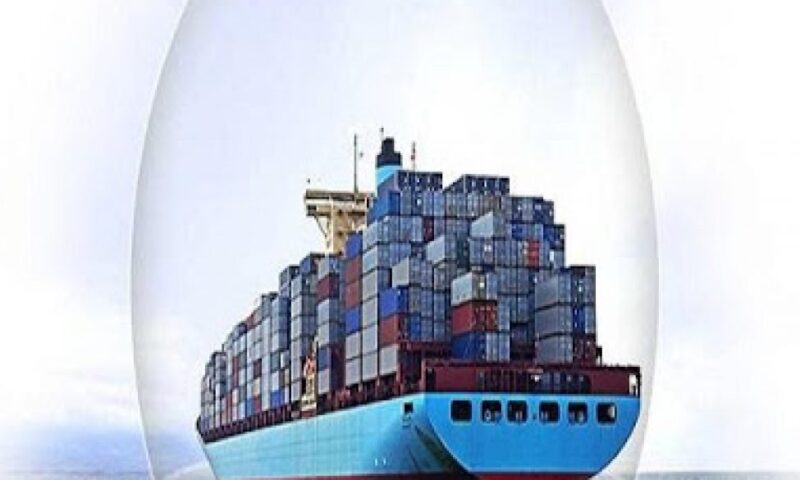By Favour Nnabugwu
Global marine insurance premiums has risen from 6.4 percent in 2020 to US$33billion in 2021 according to a report by the International Union of Marine Insurance (IUMI).
Lifted by a combination of increased global trade volumes, a stronger US dollar, increased offshore activity and higher vessel values, premiums for cargo, hull, offshore energy and marine liability rose in 2021. Insurers in Europe and Asia in particular saw premium growth.
Regionally, global income was split: Europe 47.2 percent, Asia-Pacific 29.3 percent Latin America 10.3 percent, North America 7.7 percent, other 5.5 percent By line of business, cargo continued to represent the largest share with 57.4 percent in 2021, hull 23.5 percent offshore energy 11.8 percent and marine liability (excluding IGP&I) 7.3 percent
Vice-chair of IUMI’s facts and figures committee, Astrid Seltmann, explained: “Building on the gains made in 2020, 2021 was another positive year for marine insurers.
It was the year when global trade saw a tentative recovery, absolute premiums rose, claims impact was benign, and as a result loss ratios improved. However, this position is tempered by the economic uncertainties the world is facing today. We are reporting this data at a time when several shocks have hit a world economy already weakened by the pandemic.
There is no end in sight for the war in Ukraine, soaring global energy costs and inflation, a gloomy outlook for trade and the possibility of further climate and pandemic related disruptions. Marine underwriters are navigating some extremely complex issues.”
The global premium base for the cargo market for 2021 reached $18.9bn, up 9.9 percent on the back of a stronger dollar and increased global trade volumes. Cargo premium is a reflection of the value of goods transported and global trade volumes.
However, in July 2022 the International Monetary Fund released a pessimistic forecast predicting global economic growth to slow from 6.1 percent last year to 3.2 percent in 2022.
Loss ratios in most markets continued to improve as a result of increased premium volume in combination with recent benign claims impact. A return to pre-Covid activity in 2022 is likely to increase the impact of claims on underwriting performance.
Cargo insurers continue to face persistent challenges including rising cases of onboard fires, misdeclared cargoes, worsening severe weather conditions including stronger winds and waves, floods and wildfires.
With the increased value accumulation on ever larger vessels and single-port sites, the risk of large event losses continues to grow.
The IUMI reports an increase in the 2021 cargo insurance premium base (from 2020) of 8 percent to US$18.9bn alongside an improvement in overall loss ratios.
Isabelle Therrien, chairperson of the IUMI cargo committee, said: “The cargo market has shown growth in 2021 partly due to a rise in the volume of cargo shipped globally combined with the pricing corrective measure still prevalent in that underwriting year.
The much-needed correction has yielded favourable underwriting performance. However, the industry is still facing headwinds as the global supply chain remains volatile and is still dealing with the aftershock of the pandemic while now adding inflationary pressures to the mix.”
Cargo premiums increased in most markets, with China leading the growth in 2021. China now accounts for 14 percent of the cargo market, with the UK (Lloyd’s of London and the International Underwriting Association) having a 12.2 percent market share. With 2021 claims starting at a low level due to subdued activity in 2020, loss ratios continue to improve in all markets
Global premiums relating to the ocean hull sector increased in 2021 by 4.1 percent to $7.8bn. There was continued strong growth in the Nordic region as well as China, but much weaker in the UK (Lloyd’s) market where the decline of recent years continued.
The overall value of insured vessels rose significantly in 2021, driven primarily by the large increase in containership prices which were up over 35 percent. Dry bulk and general cargo vessel values also saw gains in 2021, but all other segments were down.
However, claims remain low. Total losses stood at 0.06 percent and partial claims at 0.14 percent of the total global fleet. Claims cost per vessel were slightly up on 2020, but still at historically low levels. However, rising steel prices and labour costs are expected to impact future hull claims.
As reported in previous years, the frequency of onboard fires in both the engine room and cargo areas continues to cause concerns, particularly for car carriers and container vessels. Fires occurred on more than 1 percent of the containership fleet in 2021, with 0.4 percent of the fleet experiencing fires incurring more than $500,000 in claims.
In terms of underwriting profitability, results showed continued improvement. However, a return to full shipping activity, value increases, inflation of various costs impacting repair costs, new vessel designs, propulsion and fuel types are likely to impact claims trends going forward.
Rama Chandran, chairperson on the ocean hull committee expressed concern over the long-term sustainability of the hull and machinery insurance sector, saying: “While it is encouraging to see the 2021 premium base growing from the previous year we face deteriorating loss ratios, albeit from a low 2020 base.
Premium base has only recently begun to creep upwards following a sustained decline since 2012. The increase of 4.1 percent is lower than the 6 percent seen last year and the reducing quantum is a worrying trend. This is likely due to increased market capacity, particularly from London and Latin America which is a surprise for many.”
In addition to long-term sustainability, IUMI’s Ocean Hull Committee has identified three major concerns for the coming period:
Offshore energy
Global premiums from the offshore energy sector continued to rise in 2021, reaching US$3.9bn, representing a 6.9 percent increase on 2020. This is a second straight year of rises, following a six-year period of declines (2014-2019).
The demand for offshore energy insurance typically tracks oil prices as projects become viable. Historically, there is an 18-month time lag between improved oil prices and authorised offshore expenditure and unit reactivation. Oil prices remain high, but volatile.





